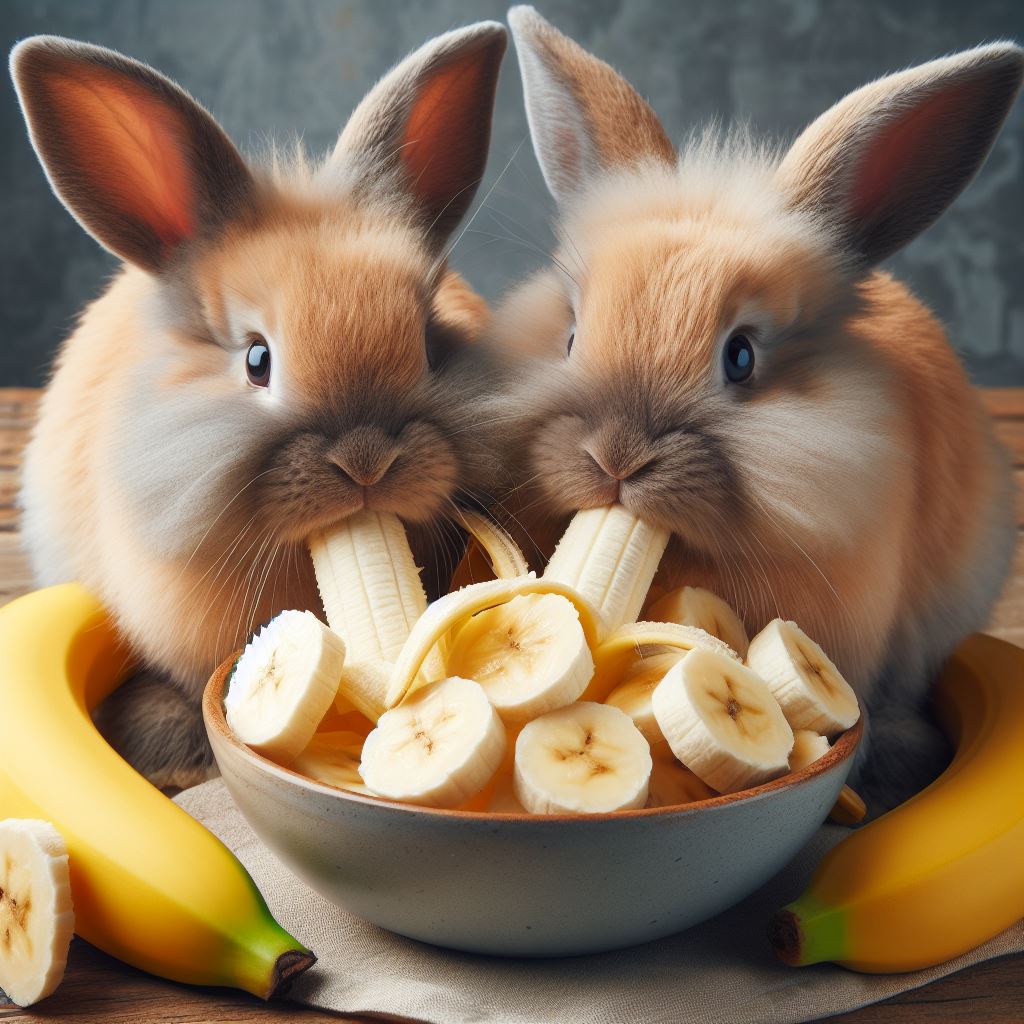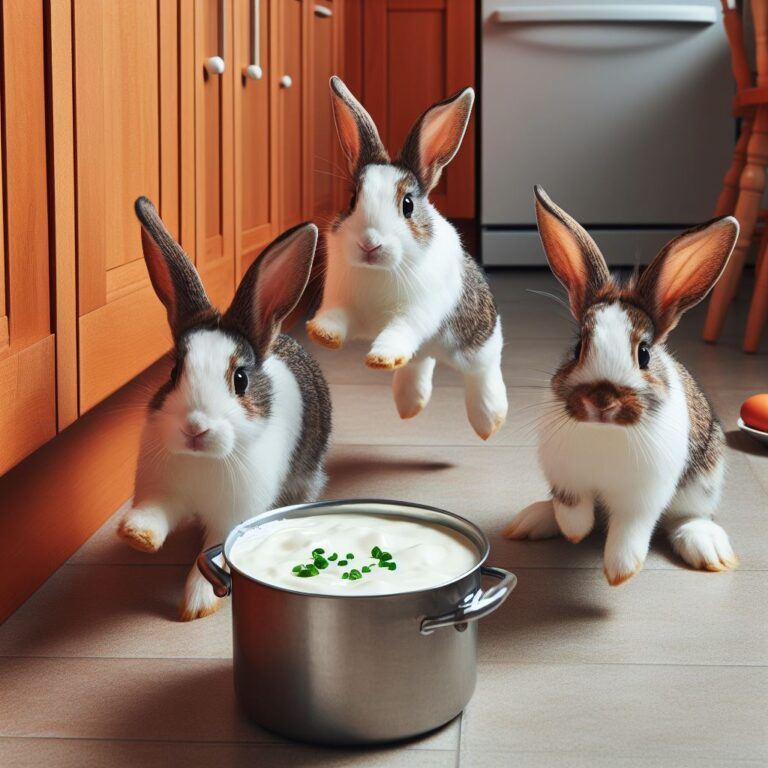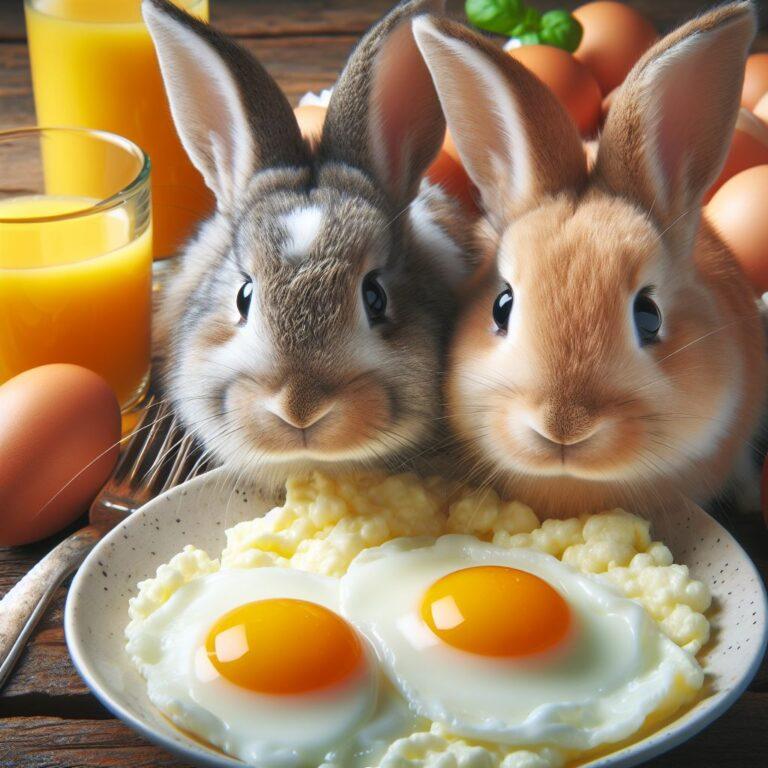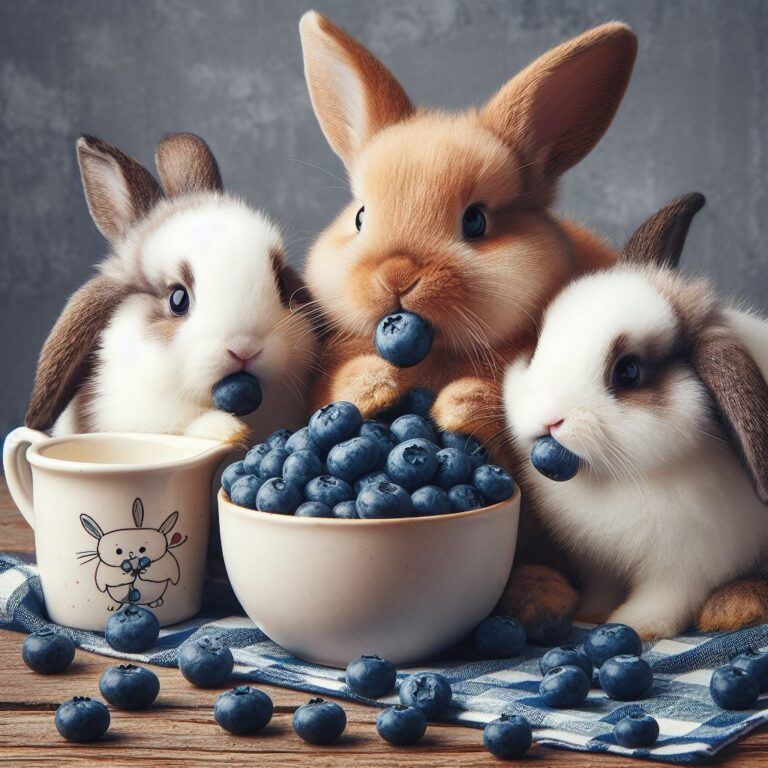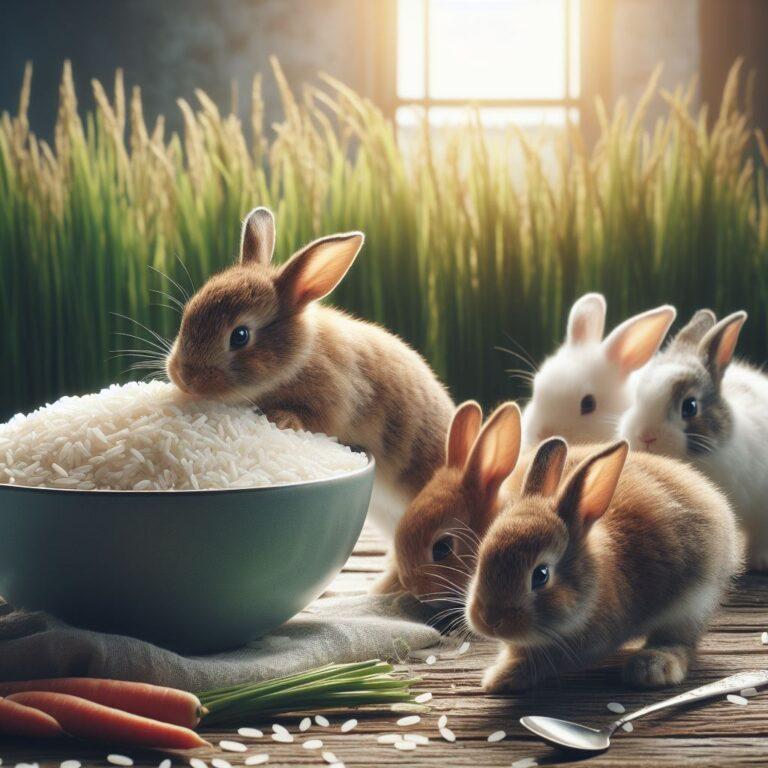Can Rabbits Safely Eat Bananas
Yes, rabbits can safely eat bananas, but due to their high sugar content should only be fed as an occasional snack and not part of their main diet. Bananas are a good source of vitamins and minerals such as potassium, vitamin C, vitamin B6, and manganese.
Nutritional Profile of Bananas
Bananas are renowned for their sweet taste and creamy texture, but they also boast a rich array of essential nutrients that can contribute to overall health.
Potassium plays a crucial role in maintaining proper heart function, muscle contraction, and nerve transmission, making it essential for overall health and vitality.
Vitamin C is a great antioxidant, protecting cells from oxidative damage and supporting immune function. Vitamin B6 is involved in various metabolic processes, including the synthesis of neurotransmitters and the metabolism of proteins and carbohydrates.
Manganese is important for bone health, wound healing, and the metabolism of amino acids, cholesterol, and carbohydrates.
Additionally, bananas are rich in dietary fiber, particularly soluble fiber, which can aid in digestion, regulate blood sugar levels, and promote feelings of fullness and satiety.
This fiber content contributes to a healthy gastrointestinal tract and may help prevent conditions such as constipation and diarrhea.
Benefits of Feeding Bananas to Rabbits
While rabbits are primarily herbivores with a diet centered around hay, fresh vegetables, and leafy greens, the occasional inclusion of fruits like bananas can offer several potential benefits.
The vitamins and minerals found in bananas, such as potassium and vitamin C, can support various aspects of a rabbit’s health.
Potassium is essential for proper muscle function and nerve transmission, while vitamin C acts as an antioxidant, helping to neutralize harmful free radicals and support immune function.
By adding the occasional banana slice into their diet, rabbit owners can provide their pets with a source of essential nutrients that contribute to overall well-being.
Also, the soluble fiber present in bananas can help with digestion and contribute to a balanced gastrointestinal tract in rabbits.
Fiber helps regulate bowel movements, prevent constipation, and support the growth of beneficial gut bacteria, which play a crucial role in maintaining digestive health.
Risks of Feeding Bananas to Rabbits
Despite the potential benefits, rabbit owners need to be aware of the risks associated with feeding bananas to their pets.
One primary concern is the high sugar content of bananas. While rabbits have a natural affinity for sweet foods, excessive sugar consumption can lead to health issues such as obesity, dental problems, and gastrointestinal disturbances.
Therefore, it’s crucial to offer bananas in moderation and balance their sweetness with other, lower-sugar options.
Another consideration is the potential choking hazard posed by large pieces of banana. Rabbits have delicate digestive systems and may not always chew their food thoroughly before swallowing.
So, feeding bananas in small, bite-sized portions is advisable to reduce the risk of choking and ensure safe consumption.
Please remember that some rabbits may be more sensitive to changes in their diet and may experience digestive upset or allergic reactions when introduced to new foods like bananas.
It’s always important to monitor your rabbit closely after giving them bananas for the first time and watch for any signs of discomfort or adverse reactions.
How Best to Feed Bananas to Rabbits
Start by introducing bananas gradually, beginning with small amounts to see how your rabbit reacts. Always monitor their digestion and overall well-being closely, adjusting the frequency and quantity of banana treats as needed.
Portion control is crucial when offering bananas to rabbits. Aim to provide only small pieces or slices, limiting the total amount to prevent overconsumption and maintain a balanced diet.
I recommend as a general guideline, treats, including bananas, should comprise no more than 5-10% of a rabbit’s daily caloric intake.
In addition to bananas, consider offering a variety of other fruits such as apples or pears, and vegetables to ensure dietary diversity and meet your rabbit’s nutritional needs.
Safe options include leafy greens like kale and spinach, as well as fibrous vegetables such as carrots and bell peppers.
Rotate these offerings regularly to keep mealtimes interesting and provide a range of essential nutrients.
Before making any significant changes to your rabbit’s diet, including the introduction of new foods like bananas, always consult with a veterinarian specializing in pet care.
A qualified veterinarian can offer personalized guidance based on your rabbit’s age, health status, and dietary requirements, ensuring that any dietary adjustments align with their individual needs and preferences.
While rabbits can safely enjoy bananas as part of a balanced diet, feeding responsibly is essential.

